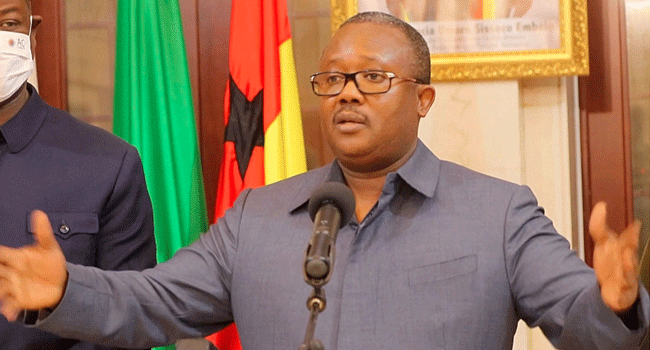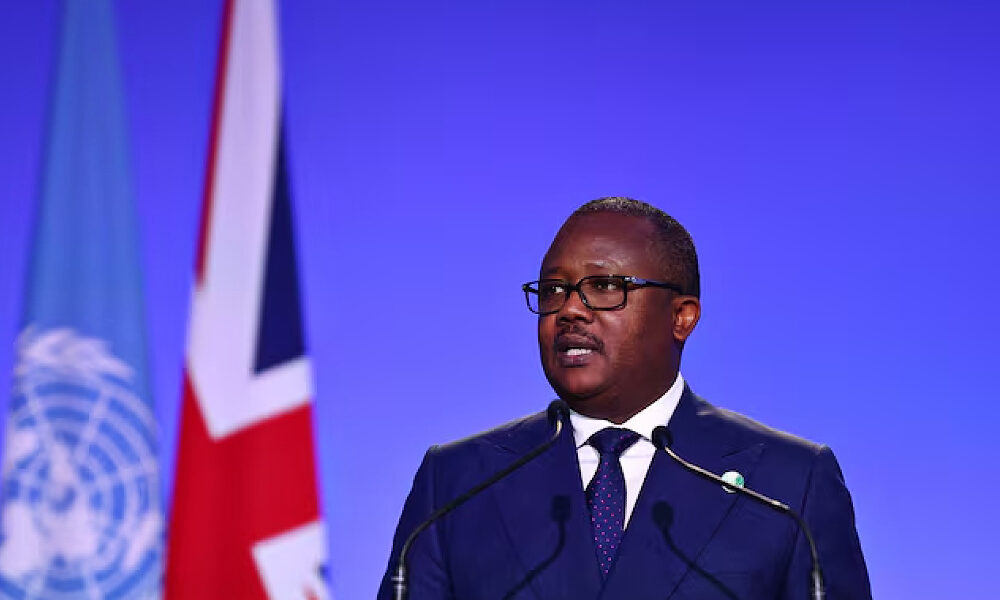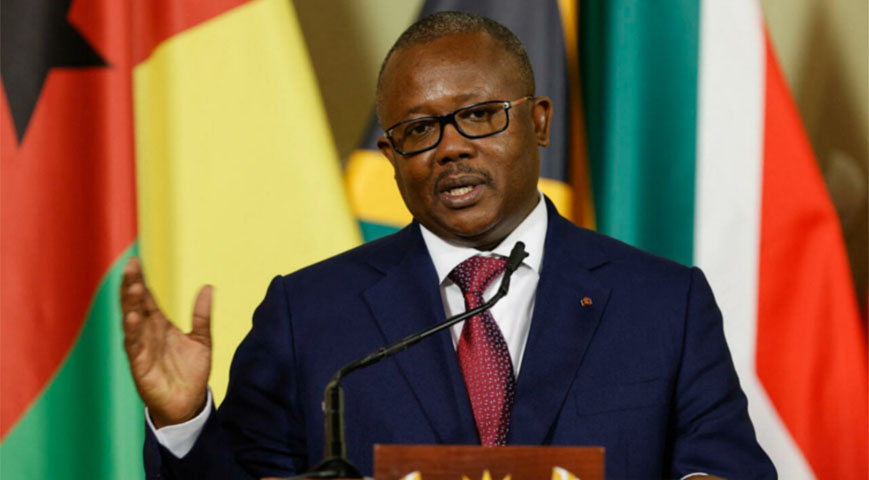Guinea Bissau's President, Umaro Cissoko Embalo, announced on Thursday that he will not seek re-election in the upcoming November elections.
Embalo, 51, who took office in January 2020 after winning 54% of the vote against rival Domingos Simoes Pereira, was eligible for a second term but has chosen to step down.

This unexpected decision could lead to a power vacuum in the politically unstable country, which has a history of coups and unrest since gaining independence from Portugal in 1974.
Embalo, a former army general and prime minister, cited his wife’s advice for withdrawing from the race. He also ruled out opposition leaders Pereira, Braima Camara, and Nuno Gomes Na Bian as potential successors but did not specify who would take his place.
Embalo faced two coup attempts throughout his presidency, the most recent in December 2023. Afterward, he dissolved parliament for the second time since assuming office, a move he first made in May 2022.

The legislature thwarted Embalo’s efforts to amend the constitution, which could have given him more executive power by eliminating the country’s semi-presidential system. The majority party or coalition currently forms the government, but the president can dismiss it under certain conditions, contributing to political gridlock.
Additionally, Guinea Bissau has become a hub for cocaine trafficking in recent decades. Recently, authorities seized 2.63 tons of cocaine from a plane arriving from Venezuela, underscoring the ongoing challenges the country faces.









